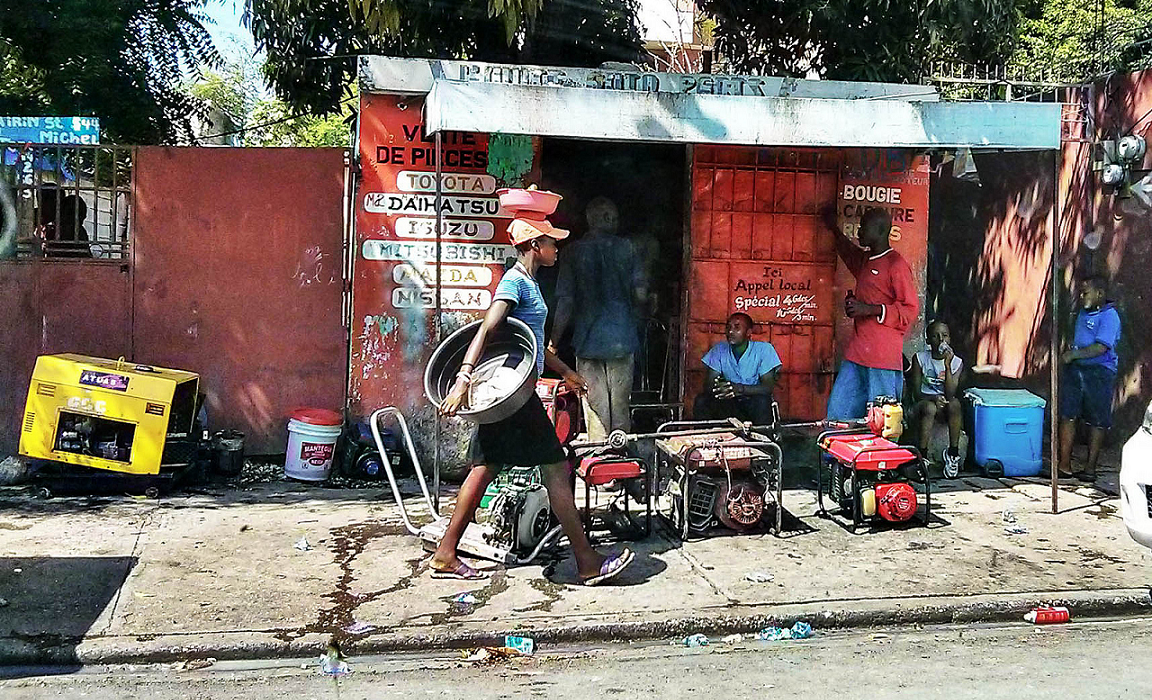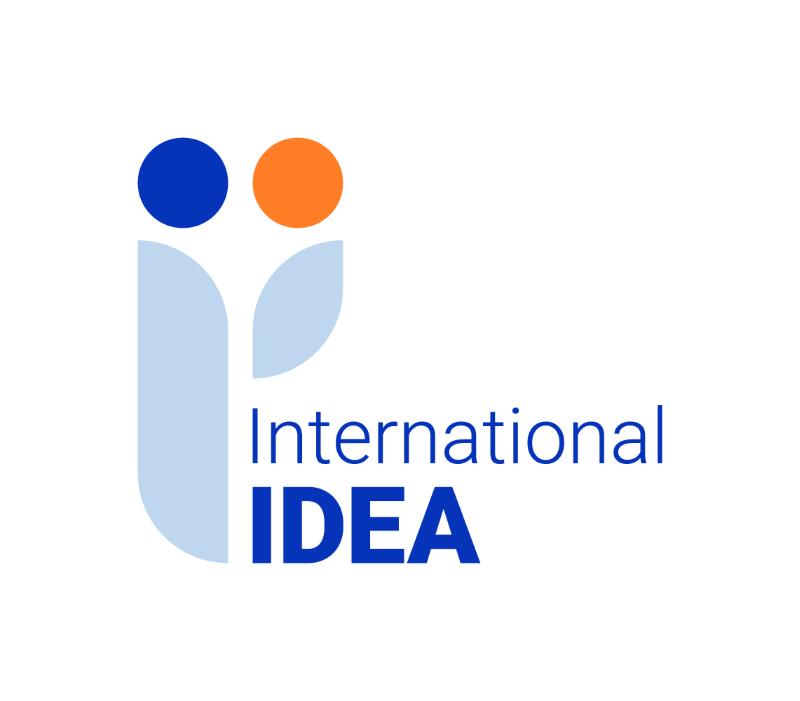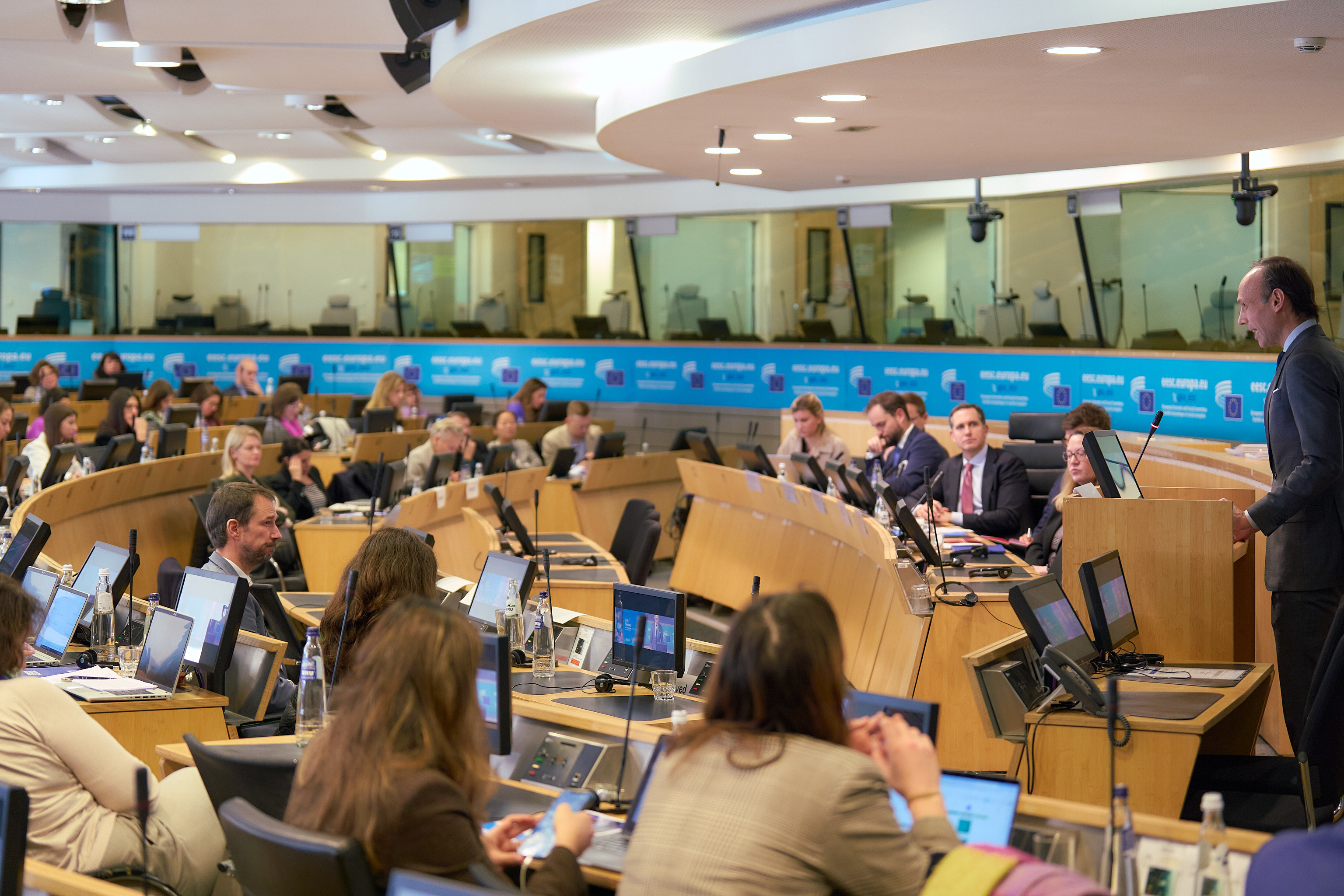Democratic accountability and consent to pay tax in Haiti, a difficult coexistence?

Disclaimer: Views expressed in this commentary are those of the staff member. This commentary is independent of specific national or political interests. Views expressed do not necessarily represent the institutional position of International IDEA, its Board of Advisers or its Council of Member States.
Consent to pay taxes and accountability of public institutions toward citizens are two important elements in the democratic consolidation process. In Haiti, some factors seem to weaken the coexistence of these two elements.
Este artículo se encuentra disponible en Castellano.
September marks the end of the fiscal year in Haiti. At this time, both citizens and state decision-makers must fulfill their duties towards each other. The State has an obligation to be transparent and responsible in the design of its budget, which must reflect all priorities of the government. On the other hand, citizens must also declare their income and pay their taxes.
This year, Haitians residing in the country as well as abroad, have expressed their dissatisfaction with the budget. According to them, the executive and the parliament have allocated large sums for the running of their respective administration to the detriment of priorities previously set by the government such as agricultural revival, educational reform, strengthening of the health system, among others.
There is insufficient allocation to investments necessary towards wealth creation. Moreover, the tax burden created by the increase in taxes may make these measures inapplicable and result in lower revenues, given the impossibility for citizens to fulfill their duties because of the precariousness of their socio-economic conditions.
The back-to-school season that takes place at the same time of the year is adversely impacted because parents who do not receive any social assistance are finding it challenging to support their children. In addition, several public servants were dismissed because of the inability of public institutions to respond to overwhelming weight of staffing costs.
It should be noted that despite a recent increase in the minimum wage, inflation continues to rise (more than 16 per cent). Consequently, it is difficult to enforce payment of taxes, especially when accountability is slow to be adopted in political behavior. In addition, the State is facing widespread allegations of corruption against its civil servants and other authorities at several levels.
Therefore, it has become urgent to strengthen dialogue between the authorities, civil society and citizens in order to build a culture of political accountability towards Haitian citizens and to motivate them to pay their taxes.
International IDEA pays particular attention to the dialogue between the governors and the governed and to the citizen participation aimed at changing attitudes and behaviors. The Institute is therefore working with all stakeholders, particularly local elected officials and members of civil society, to hold leaders more accountable for their policies and raise awareness citizen’s duties through tax mobilization. Over the past two years, the Institute has coordinated, in conjunction with the Haitian State University, an assessment of accountability in the procurement sector in water at Site Letènel, a marginalized area of Port-au-Prince. It will continue to formulate and disseminate the findings of this evaluation to national institutions to promote a public debate around the duty of accountability institutions. International IDEA will also provide support to ministries and political parties for the development of tools to strengthen their accountability.




